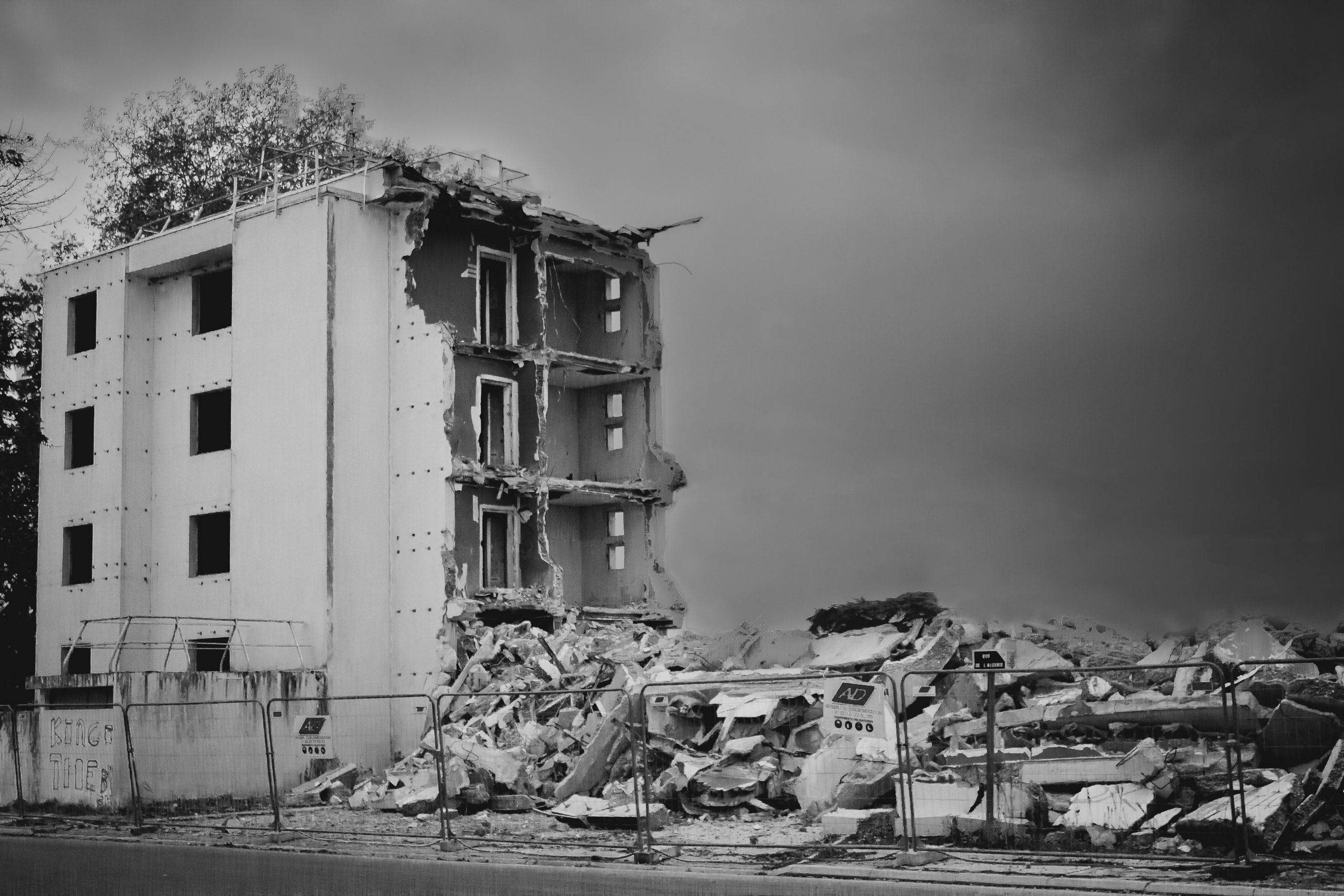Earthquakes are one of the most destructive natural disasters in history. Each year, thousands of people around the world are affected by this frightening phenomenon. It is important to be prepared and know how to react if an earthquake were to occur. In this blog post, we will provide tips and advice from survivors on how to prepare for an earthquake and best protect yourself. Whether you live in an area prone to earthquakes or not, it is always good to be informed and know what to do before, during, and after such a terrifying event.
What To Do Before An Earthquake Strikes
-Create a disaster plan and practice it with your family.
-Make sure you have an emergency kit stocked with food, water, and supplies.
-Know where to go if an earthquake hits.
-Drop, cover, and hold on during an earthquake.
-Protect yourself from aftershocks.
During The Earthquake
If you’re caught in an earthquake, the best thing to do is drop to the ground, take cover under a sturdy piece of furniture, and hold on until the shaking stops. If you’re in a high-rise building, get away from windows and elevators. And if you’re driving, pull over to the side of the road and stop.
Once the shaking has stopped, check for injuries and be careful of aftershocks, which can happen minutes, hours, or even days after the initial quake. If you smell gas or see sparks or flames, turn off any potential sources of ignition and evacuate immediately. Also be on the lookout for downed power lines or broken water mains. And finally, try not to use your phone unless it’s absolutely necessary; emergency services will likely be overwhelmed and your call could prevent someone else from getting through.
After The Earthquake
After the earthquake, it is important to stay calm and assess the situation. If you are injured, call for medical help immediately. If the quake has caused damage to your home or office, take steps to prevent further damage, such as turning off the gas or electricity. Be sure to document any damage with photos or video for insurance purposes. Once you have taken care of immediate needs, you can begin planning for recovery.
Earthquake Safety Tips For Your Home
- Drop, cover, and hold on: When an earthquake hits, drop to the ground, take cover under a sturdy table or desk, and hold on until the shaking stops.
- Protect your head and neck: A lot of injuries during earthquakes occur when people are hit by falling objects. To protect yourself, keep your head and neck covered with your arms.
- Take shelter in a sturdy building: If you’re outdoors during an earthquake, try to find shelter in a nearby building. If you’re indoors, stay away from windows and outside walls.
- Stay away from power lines: downed power lines can be extremely dangerous. Stay at least 20 feet away from them.
- Don’t use elevators: Elevators can get stuck during an earthquake (or even worse, crash down). If you’re in an elevator when an earthquake hits, press the emergency stop button and wait for help to arrive.
Earthquake Safety Tips For Your Office
When an earthquake strikes, it can be a frightening and chaotic experience. However, there are some things you can do to help keep yourself and your coworkers safe.
Here are some earthquake safety tips for your office:
- Find out where the safest place in your office is. This could be under a desk or table, in a doorway, or against an interior wall.
- If you can’t get to a safe place, drop to the ground and protect your head and neck with your hands and arms.
- Stay away from windows, bookcases, filing cabinets, or anything else that could fall on you.
- Do not use elevators during an earthquake – they could get stuck or stop working altogether.
- If you’re outside when the earthquake hits, find an open area away from buildings, power lines, and trees. Drop to the ground and stay there until the shaking stops.
Conclusion
Earthquakes can be a frightening experience, so it’s important to prepare yourself as much as possible. Following the tips and advice from survivors of earthquakes is an excellent way to get started on your preparations. Make sure you have supplies ready in case of emergency, such as a flashlight, first aid kit, and canned food items. Additionally, research evacuation routes near you for when an earthquake occurs so that you are prepared to move quickly away from affected areas if necessary. Being prepared for an earthquake may feel intimidating at first but following the advice from survivors can help make this process easier.




